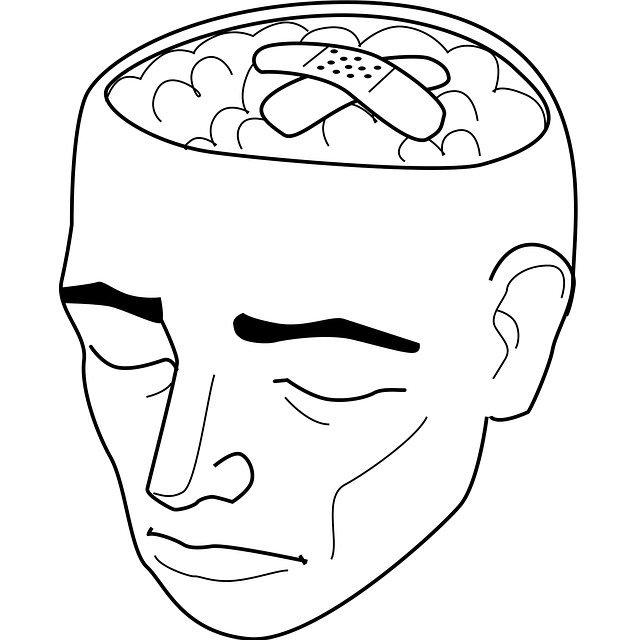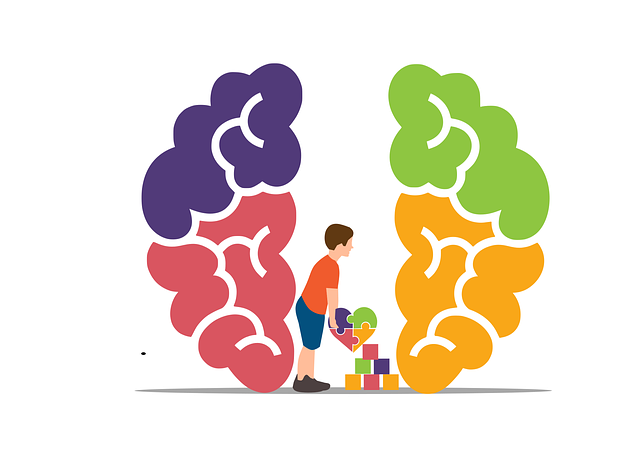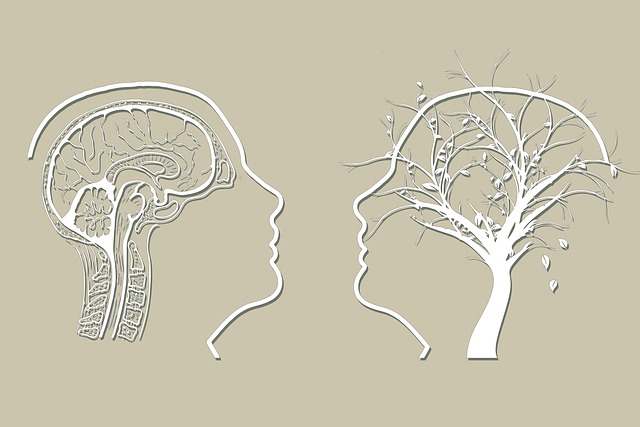Positive thinking, as advocated by Parker Major Life Transitions Therapy, is a powerful tool for enhancing well-being and mental resilience during life's significant changes. This approach, backed by research, focuses on cultivating optimism, reframing negative thoughts, and promoting personal growth. By integrating self-care practices, risk assessments, and personalized coping mechanisms, individuals gain emotional resilience and lifelong self-care skills, making them better equipped to handle stress and anxiety associated with career shifts, relocations, or personal milestones. Simple daily exercises like gratitude practices and affirmations significantly improve overall well-being and mental health.
Positive thinking is a powerful tool for enhancing well-being and navigating life’s challenges. This article explores the transformative potential of this mindset, highlighting its profound impact on our overall health and happiness. We delve into Parker Major Life Transitions Therapy, a holistic approach designed to guide individuals through significant changes with resilience and positivity. Through practical exercises and actionable strategies, readers will discover how to integrate positive thinking into daily routines, fostering a more optimistic and fulfilling life.
- Understanding Positive Thinking and Its Impact on Well-being
- Parker Major Life Transitions Therapy: A Holistic Approach to Embracing Change
- Practical Implementation of Positive Thinking Exercises in Daily Life
Understanding Positive Thinking and Its Impact on Well-being

Positive thinking is a powerful tool that can significantly influence an individual’s overall well-being and mental resilience. It involves cultivating optimistic attitudes, reframing negative thoughts, and focusing on personal growth and success. When individuals embrace positive thinking, they gain a newfound perspective that enables them to navigate life’s challenges with greater ease. Research has shown that this practice can reduce stress levels, enhance self-esteem, and even improve conflict resolution skills.
For those going through major life transitions, such as changing careers or dealing with personal crises, adopting a positive mindset can be transformative. Parker Major Life Transitions Therapy emphasizes the importance of positive thinking as a foundation for healing and personal development. By integrating this approach, individuals can better cope with stress, boost their confidence, and discover inner strengths to overcome obstacles.
Parker Major Life Transitions Therapy: A Holistic Approach to Embracing Change

Parker Major Life Transitions Therapy offers a holistic approach to embracing change, focusing on mental well-being during significant life shifts. This therapeutic method recognizes that major life transitions, such as career changes, relocations, or personal milestones, can be both exciting and daunting, often leading to stress and anxiety. By integrating various psychological strategies, it empowers individuals to navigate these transitions positively. The therapy emphasizes self-care practices as a crucial aspect of burnout prevention for mental health professionals, ensuring they remain resilient in their own lives while supporting others through change.
Through Parker Major Life Transitions Therapy, individuals are guided to conduct a risk assessment for mental health professionals, identifying potential challenges and triggers. This proactive step enables them to develop personalized coping mechanisms, fostering resilience and emotional well-being. By adopting these holistic practices, not only do individuals thrive during transitions but they also gain valuable tools for lifelong self-care.
Practical Implementation of Positive Thinking Exercises in Daily Life

Implementing positive thinking exercises into your daily routine can significantly enhance overall well-being, especially during challenging times or major life transitions as suggested by Parker in his therapy practices. These exercises are practical tools that can be easily incorporated into one’s lifestyle, fostering a more optimistic outlook and improved mental health. For instance, starting the day with a gratitude practice where you reflect on three things you’re thankful for can set a positive tone. Similarly, challenging negative thoughts and replacing them with positive affirmations is an effective method to combat stress and anxiety. Many Mental Health Education Programs Design incorporate these practices as part of their curriculum due to their proven benefits in Stress Reduction Methods.
Moreover, setting realistic goals and celebrating small achievements can boost confidence and motivation. Positive thinking exercises don’t have to be elaborate; they can be as simple as taking a few minutes each day to practice mindfulness or engage in activities that bring joy. Incorporating these strategies into daily life doesn’t just benefit mental health but also influences the overall quality of life, making it easier to navigate through various stages of life with resilience.
Implementing positive thinking exercises, such as those offered by Parker Major Life Transitions Therapy, can significantly enhance well-being during life’s challenges. By adopting a holistic approach that embraces change and cultivates optimism, individuals can navigate transitions with greater resilience and joy. These strategies empower folks to transform their mindset, fostering a profound sense of control and peace amidst life’s unpredictable landscape.














